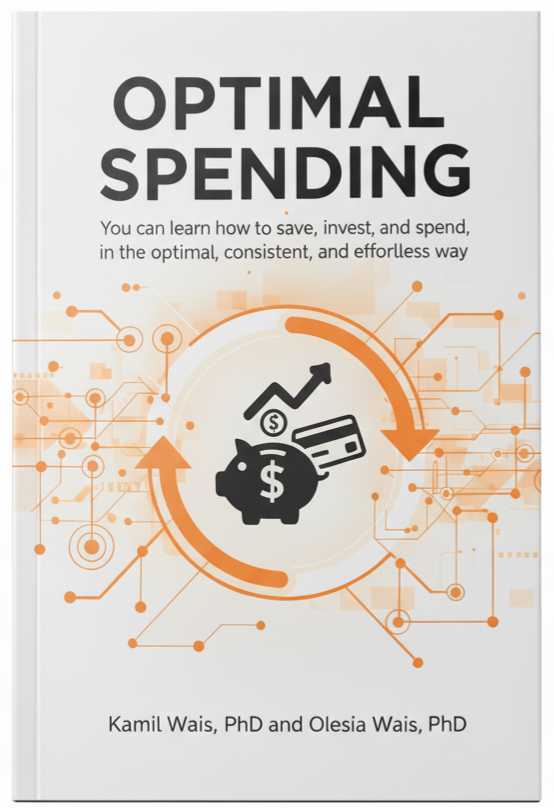Optimal Spending

Progress


"[…] there are recommendations […] which may be just wrong."
"Our approach to saving is all wrong: We need to think about monthly income, not net worth."
"To put it bluntly, life-cycle models are the most powerful models for financial planning that we have, but they exist only in obscurity"
"Investing isn’t the only area where making sound financial decisions under uncertainty is important. Everyone needs a coherent saving and spending plan for all stages of life, especially if they expect to enjoy periods of retirement. […] Sadly, personal finance books just don’t provide enough good advice either, as documented in a recent easy-to-read survey of the 50 most popular ones by Yale Professor James Choi"
"[...] no fewer than 11 Nobel laureates in Economic Sciences did important work related to lifecycle finance. Given this pedigree of lifecycle finance and the leading economists who contributed to lifecycle finance, it is a bit of a paradox that many financial planners and investment textbooks are either unaware of or silent on lifecycle finance."
"The central problem of life-cycle finance is the spreading of the income from the economically productive part of an individual’s life over the person’s whole life. As with all financial problems, this task is made difficult by time and uncertainty. Merely setting aside a portion of one’s income for later use does not mean that it will be there—in real (inflation-adjusted) terms—when it is needed."